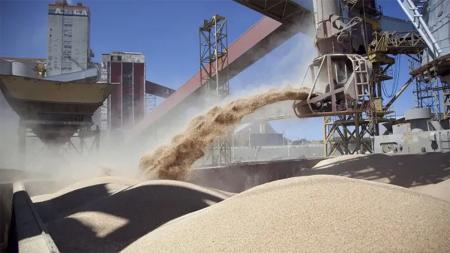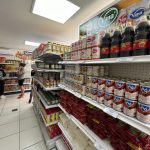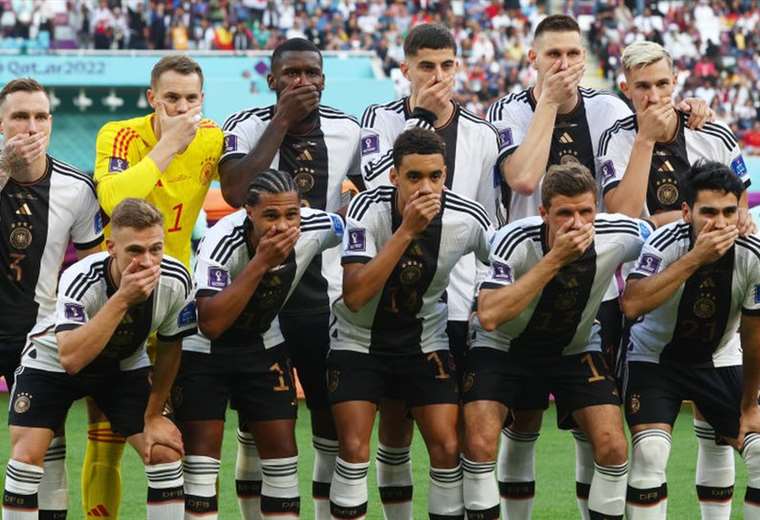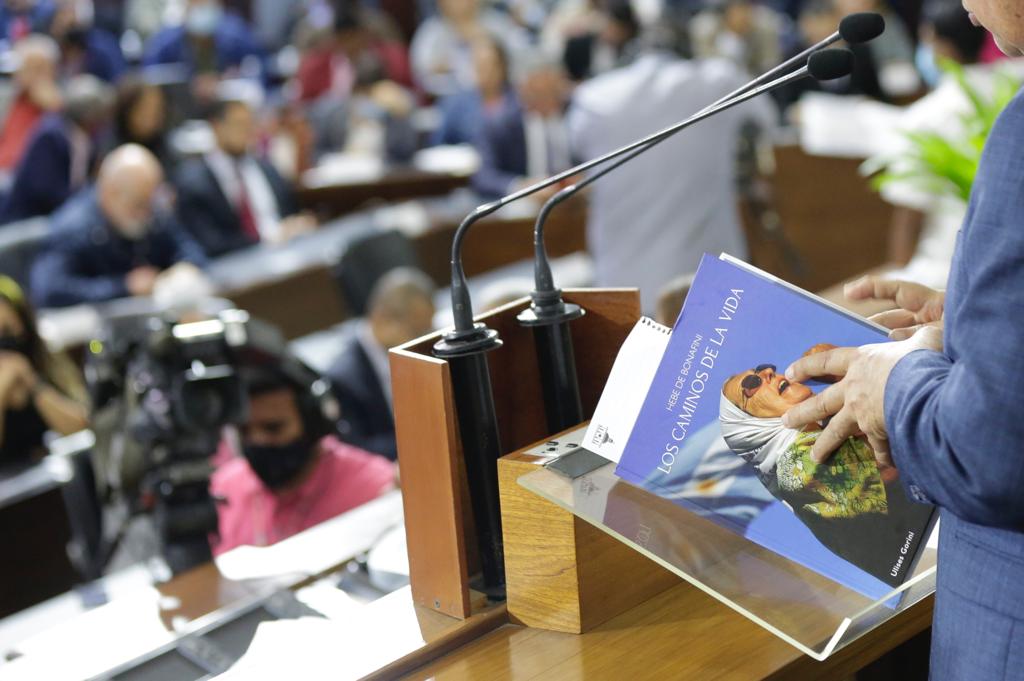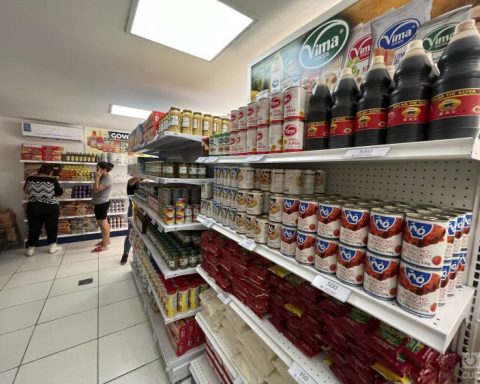The Ministry of Science, Technology and Innovation ordered the creation of the National Bioeconomy Program for Innovation and Regional Development, which will seek to develop a work agenda in coordination with other public and private entities in order to promote this model of sustainable economic development.
The program, established through Resolution 720/2022 published this Wednesday in the Official Gazette, will have Miguel Lengyel as technical coordinator ad honorem, doctor specializing in Political Economy at the Massachusetts Institute of Technology (MIT), professor at Harvard University and former co-director of the Interdisciplinary Center for Studies in Science, Technology and Innovation (CIECTI) of the Ministry of Science.
The bioeconomy is a paradigm of sustainable development that covers the agricultural and agro-industrial chain, and which includes both bioproducts -that is, made from biological resources such as animals, plants, microorganisms and biomass-, as well as bioinputs, biomaterials, bioprocesses, and applied technology and energy, according to the definitions of the Organization of the United Nations for Food and Agriculture (FAO).
The promotion of it is considered as key to contributing to regional development, adding value at source, promoting employment and boosting production and exports.
Among its particular objectives, the program will seek to achieve a “collaborative dynamics” for the design and formulation of support strategies for the bioeconomic model, with other areas of the State specialized in the subject such as the Secretary of Agriculture or the Ministry of the Environment, as well as provincial authorities.
In this framework, he will work in the identification of bioeconomic regions contemplating their heterogeneities and identifying the main activities with bioeconomic development potential.
In the same way, will develop instances of articulation with representatives of the private sector, unions and organizations of civil society and the social economy “in order to maximize the positive effects that the bioeconomic productive model presupposes in economic, environmental and social matters”.
As part of the program an institutional platform will be designed and implemented during its first year or support center for the development of the bioeconomy, for which its location will be defined in one of the bioregions based on technical and institutional considerations.
The initiative, say those considered, is part of the National Science, Technology and Innovation Plan 2030 which points out as one of its challenges promoting the bioeconomy and biotechnology to increase sustainable production, achieve food sovereignty, diversify and technologically scale the productive matrix, and improve the international competitiveness of the supply of goods and services.
Similarly, take as a reference a biotechnology cooperation agreement that the Ministry of Science signed in 2017 with the then Ministry of Agribusiness and the former Ministry of Production.
